A project to use genetic engineering to prevent Lyme disease transmission to humans must be independently evaluated for long-term safety and effectiveness.
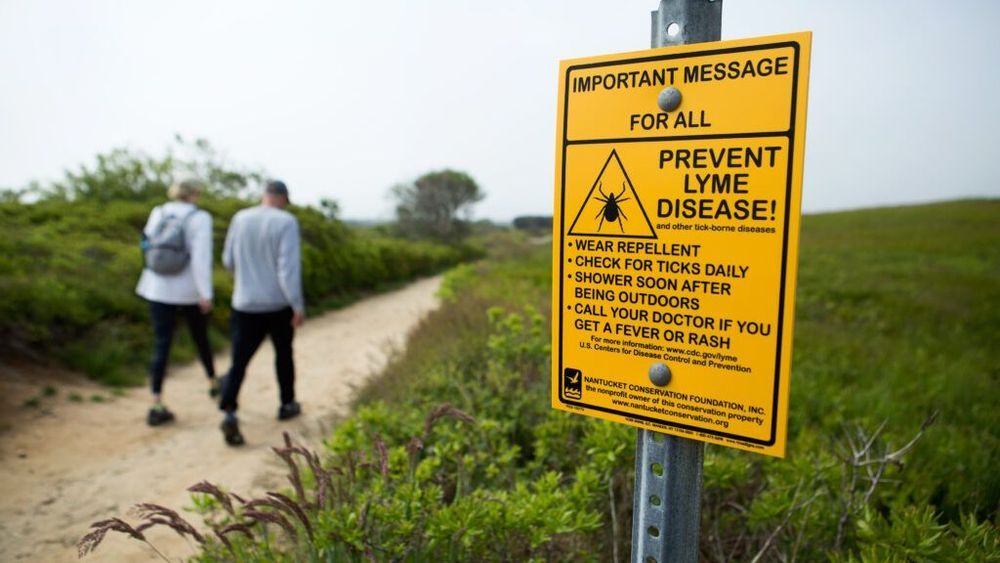


Ukrainian authorities are investigating a potential security breach at a local nuclear power plant after employees connected parts of its internal network to the internet so they could mine cryptocurrency.
The investigation is being led by the Ukrainian Secret Service (SBU), who is looking at the incident as a potential breach of state secrets due to the classification of nuclear power plants as critical infrastructure.
Investigators are examining if attackers might have used the mining rigs as a pivot point to enter the nuclear power plant’s network and retrieve information from its systems, such as data about the plant’s physical defenses and protections.

Gene editing can turn living cells into minicomputers that can read, write and perform complex calculations. The technology could track what happens inside the body over time.
DNA computers have been around since the 1990s, when researchers created DNA molecules able to perform basic mathematical functions. Instead of storing information as 0s and 1s like digital computers do, these computers store information in the molecules A, C, G and T that make up DNA.
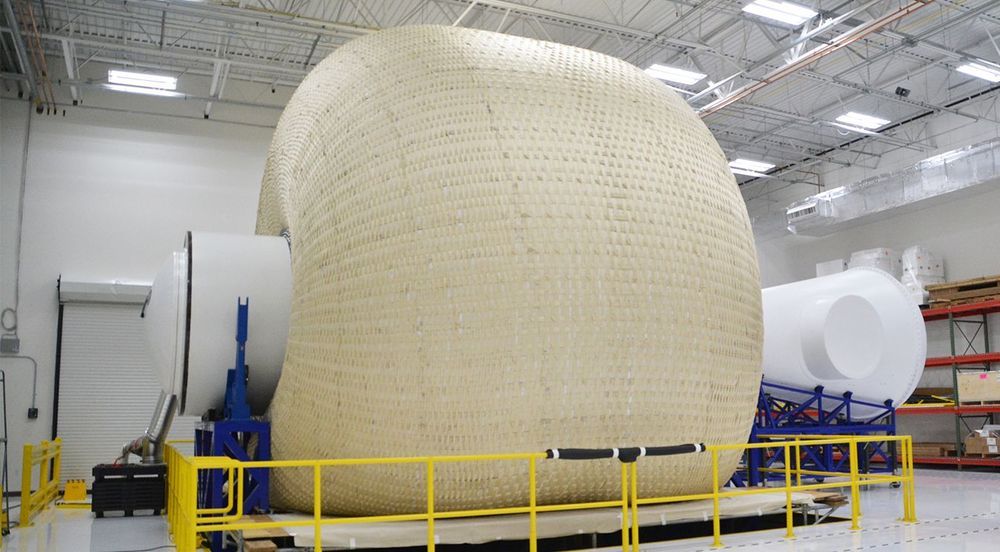
Most of the spacecraft in science fiction are ridiculously spacious, but real life is much less luxurious. The International Space Station (ISS) has just 388 cubic meters of habitable space, and future deep-space assignments could have astronauts serving much longer tours of duty. NASA has partnered with Sierra Nevada Corporation to explore ways to make spacecraft a bit less cramped, and the company has now completed a prototype inflatable habitat module with almost as much living space as the entire ISS.
NASA originally funded the NextSTEP-2 program to develop technologies for long-term missions like the Lunar Gateway station and a journey to Mars. The current plan is to make the Lunar Gateway a smaller modular station that will initially have just a small life support area and docking for lunar landers. The inflatable habitat shown off at Johnson Space Center this week could eventually add a lot more living areas to the Gateway and other missions.
This isn’t NASA’s first look at inflatable habitats. The agency partnered with Bigelow Aerospace to deploy a small inflatable prototype module to the ISS called the Bigelow Expandable Activity Module (BEAM). The 16 cubic meter volume of BEAM is a far cry from the Sierra Nevada mockup, though.
Drone racing an ambulance shows how drones could speed up medical care.
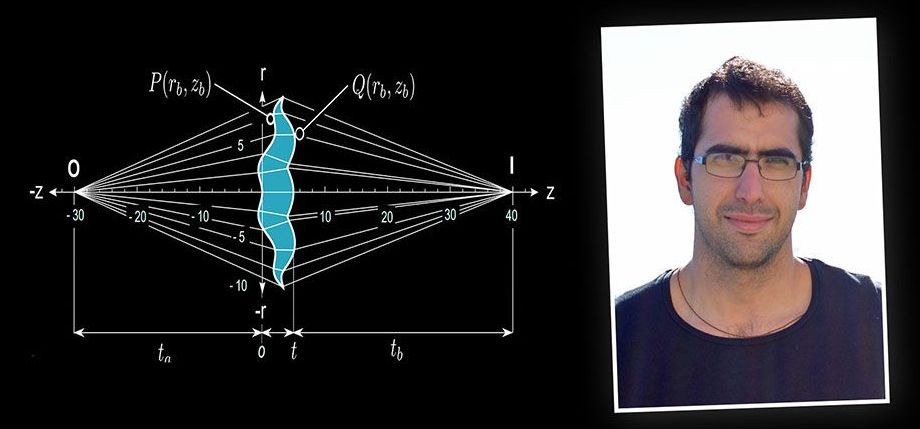
One of the oldest problems in optics has been solved. Rafael Gonzalez from Mexico’s Tecnologico de Monterrey has come up with an almost comically dense equation that can be used to almost completely eliminate spherical aberration in optical lenses, and the effects could be widespread.
Camera lenses are insanely complex and extraordinarily precise devices, and one of the reasons for this is spherical aberration. This is distinct from chromatic aberration, or color fringing, which you get when a lens is unable to focus light from all parts of the visual color spectrum together. Spherical aberration is what causes some lenses to be sharp in the middle, but blurrier toward the outside edges.
Lens manufacturers have for years been building aspherical lenses to try to counteract this effect, modifying the sphere shape slightly to try to sharpen up the whole image. By and large, many have done a great job, as evidenced by the general optical sharpness of today’s lenses. But rather than working to a precise mathematical formula that works to correct all spherical lens aberration, lens companies have had to work on each lens as a separate problem, finding solutions that worked, more or less, but forcing them to start over each time.
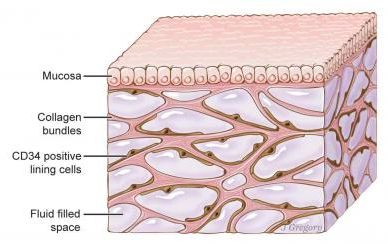
Researchers have identified a previously unknown feature of human anatomy with implications for the function of all organs, most tissues and the mechanisms of most major diseases.
Published March 27 in Scientific Reports, a new study co-led by an NYU School of Medicine pathologist reveals that layers of the body long thought to be dense, connective tissues — below the skin’s surface, lining the digestive tract, lungs and urinary systems, and surrounding arteries, veins, and the fascia between muscles — are instead interconnected, fluid-filled compartments.
This series of spaces, supported by a meshwork of strong (collagen) and flexible (elastin) connective tissue proteins, may act like shock absorbers that keep tissues from tearing as organs, muscles, and vessels squeeze, pump, and pulse as part of daily function.
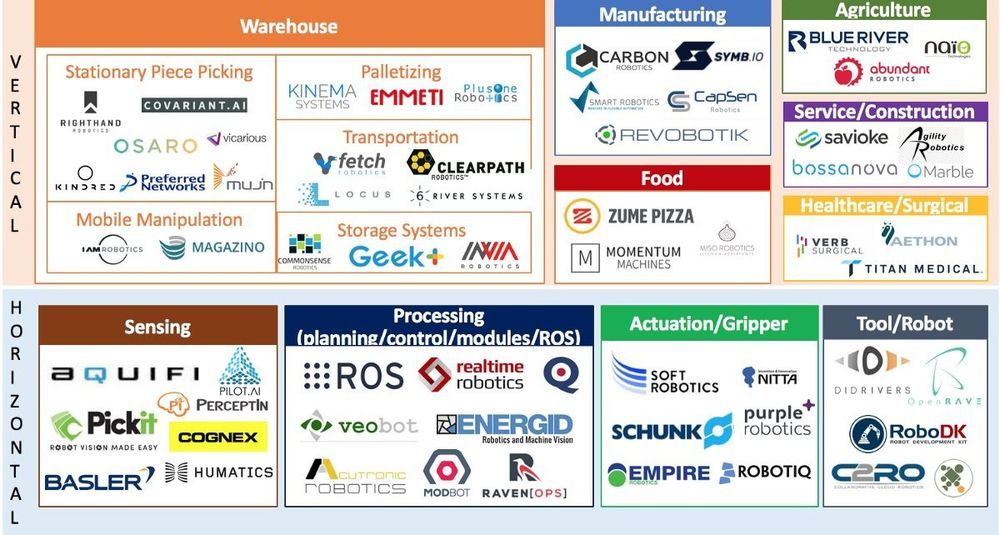
When speaking about robots, people tend to imagine a wide range of different machines: Pepper, a social robot from Softbank; Atlas, a humanoid that can do backflip made by Boston Dynamics; the cyborg assassin from the Terminator movies; and the lifelike figures that populate the television series — West World. People who are not familiar with the industry tend to hold polarized views. Either they have unrealistically high estimations of robots’ ability to mimic human-level intelligence or they underestimate the potential of new researches and technologies.
Over the past year, my friends in the venture, tech, and startup scenes have asked me what’s “actually” going on in deep reinforcement learning and robotics. The wonder: how are AI-enabled robots different from traditional ones? Do they have the potential to revolutionize various industries? What are their capabilities and limitations? These questions tell me how surprisingly challenging it can be to understand the current technological progress and industry landscape, let alone make predictions for the future. I am writing this article with a humble attempt to demystify AI, in particular, and deep reinforcement learning enabled robotics, topics that we hear a lot about but understand superficially or not at all. To begin, I’ll answer a basic question: what are AI-enabled robots and what makes them unique?

LONDON (AP) — A cheap daily pill that combines four drugs cut the risk of heart attacks, strokes and heart failure in a large study, suggesting it could be a good way to help prevent heart problems especially in poor countries.
The pills contained two blood pressure drugs, a cholesterol medicine and aspirin. Many people can’t afford or don’t stick with taking so many medicines separately, so doctors think a polypill might help. A previous study testing one in India found it lowered cholesterol and blood pressure. The new study is much larger and gives stronger evidence because it tracked heart attacks, strokes and other problems — not just risk factors.
It involved about 6,800 people in Iran, ages 50–75, some with previous heart problems and others without them. All got advice on healthy lifestyles and half also were given polypills. After five years, 6% of those in the pill group had suffered a heart attack, stroke or heart failure versus 9% of the others. That worked out to a 34% lower risk with the polypill, and a 22% lower risk after researchers took into account other heart drugs that participants were taking.
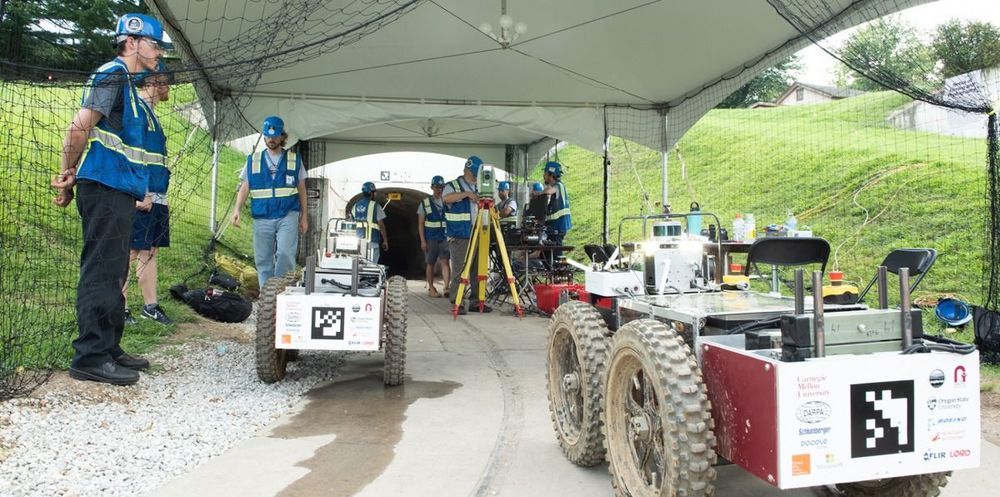
The U.S. Defense Advanced Research Projects Agency (DARPA) kicked off the Subterranean Challenge in December 2017, with the goal of equipping future warfighters and first responders with tools to rapidly map, navigate, and search hazardous underground environments. The final winner of the four-event competition won’t be selected until 2021, but Team Explorer from Carnegie Mellon University and Oregon State University managed to best rivals for the initial prize.
On four occasions during the eight-day Tunnel Circuit event, which concluded today, each team deployed multiple robots into National Institute for Occupational Safety and Health research mines in South Park Township, Pennsylvania, tasked with autonomously navigating mud and water and communicating with each other and a base station for an hour at a time as they searched for objects. Team Explorer’s roughly 30 university faculty, students, and staff members leveraged two ground robots and two drones to find 25 artifacts in its two best runs (14 more than any other team), managing to identify and locate a backpack within 20 centimeters of its actual position.
“Mobility was a big advantage for us,” said team co-leader Sebastian Scherer, associate research professor in Carnegie Mellon’s Robotics Institute, in a statement. “The testing [prior to the event, at Tour-Ed Mine in Tarentum, Pennsylvania] was brutal at the end, but it paid off in the end. We were prepared for this … We had big wheels and lots of power, and autonomy that just wouldn’t quit.”